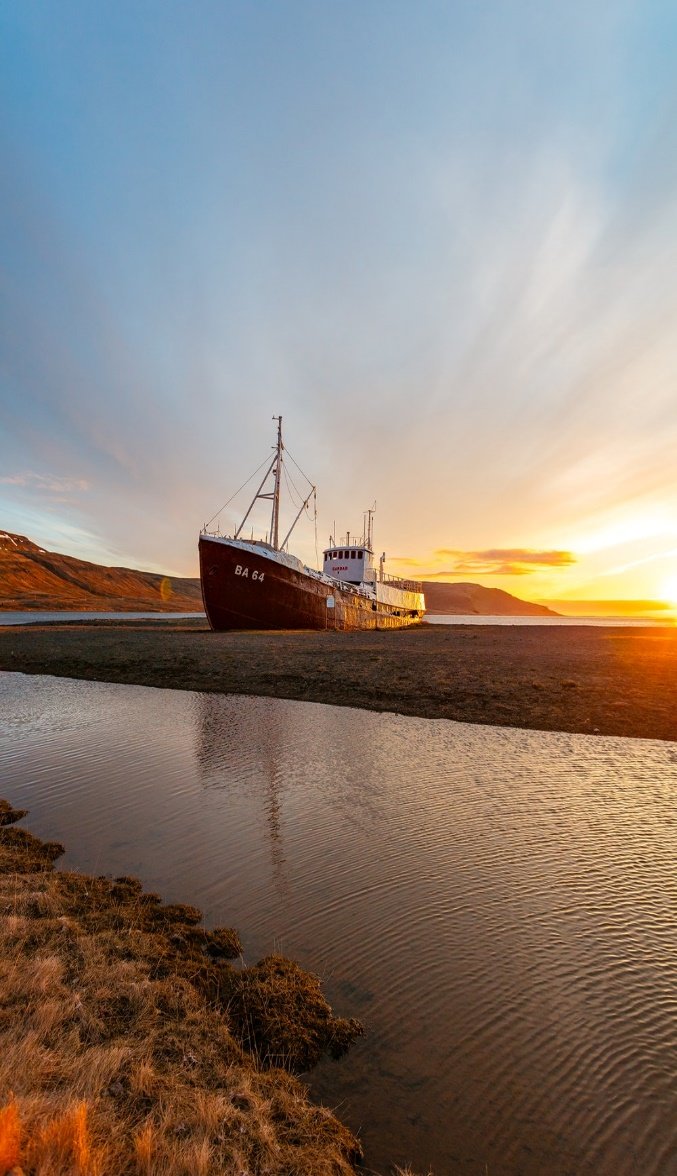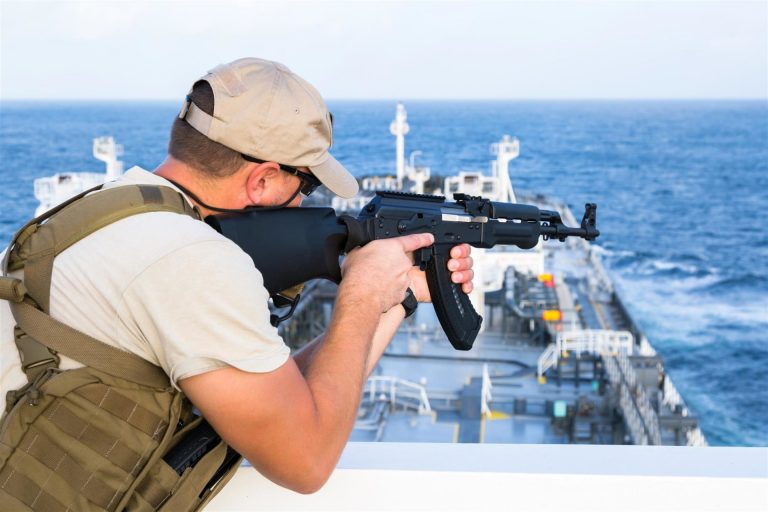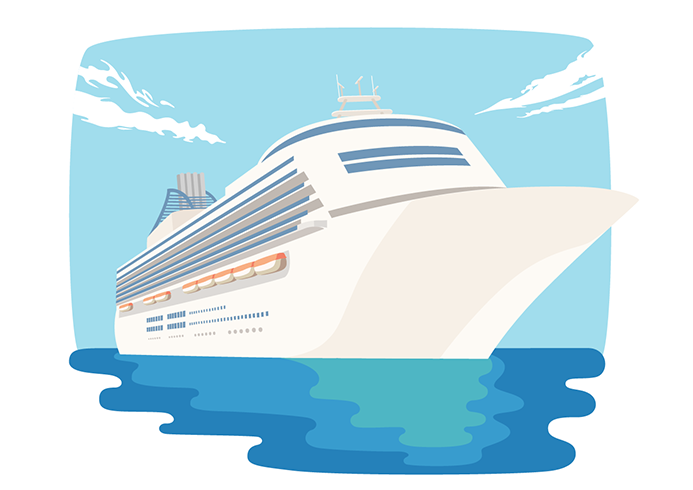According to the United States Army Corps of Engineers, navigable waters are defined as “those waters that are subject to the ebb and flow of the tide and/or are presently used, or have been used in the past, or may be susceptible for use to transport interstate or foreign commerce.”1 In other words, any body of water which is considered part of the United States and is used for recreational or commercial purposes could be considered navigable waters.
This definition can apply to any of the following bodies of water:
- Rivers
- Streams
- Lakes
- Ponds
- Wetlands
- Prairie Potholes
- Marshes
- Mudflats
- Wet Meadows
- Sandflats
- Playa Lakes
- Sloughs
- Manmade/Artificial Bodies of Water
- Channels
- Ports
- Coastal Region Waters
- Inlets
Even waterways on private land could be considered navigable waters in certain cases.
Can the Determination/Classification of Navigable Waters Change?
Once a body of water has been classified as navigable, it never loses this status. This determination is applied to the entire body of water. Even if there are natural or manmade events which alter the navigability of the body of water, it does not change the original determination or classification as a navigable body of water.
To illustrate, there may be certain parts of the Mississippi River which are no longer navigable due to reduced water levels and other such changes to the environment. Even though parts of the river are inaccessible, it does not change the status of the Mississippi River. It is still classified as a navigable body of water since the definition applies to the entire river, not just sections of it.
Who Is Responsible if Someone Is Injured in U.S. Navigable Waters?
There are many different types of federal laws and acts in place which apply to U.S. navigable waters. Many of these laws and acts require the injured person or their surviving family to file a claim for damages within a specified period. Since these time limits can and do vary, it is highly recommended to seek help from a qualified and experienced local maritime attorney as soon as possible.

For assistance in filing Jones Act claims and other maritime injury claims, or to find out if you have grounds to seek damages for your personal injuries, contact Maintenance and Cure, part of the law firm of Schechter, Shaffer & Harris, L.L.P. at 1-800-836-5830 to speak with one of our maritime lawyers now!
Source:







